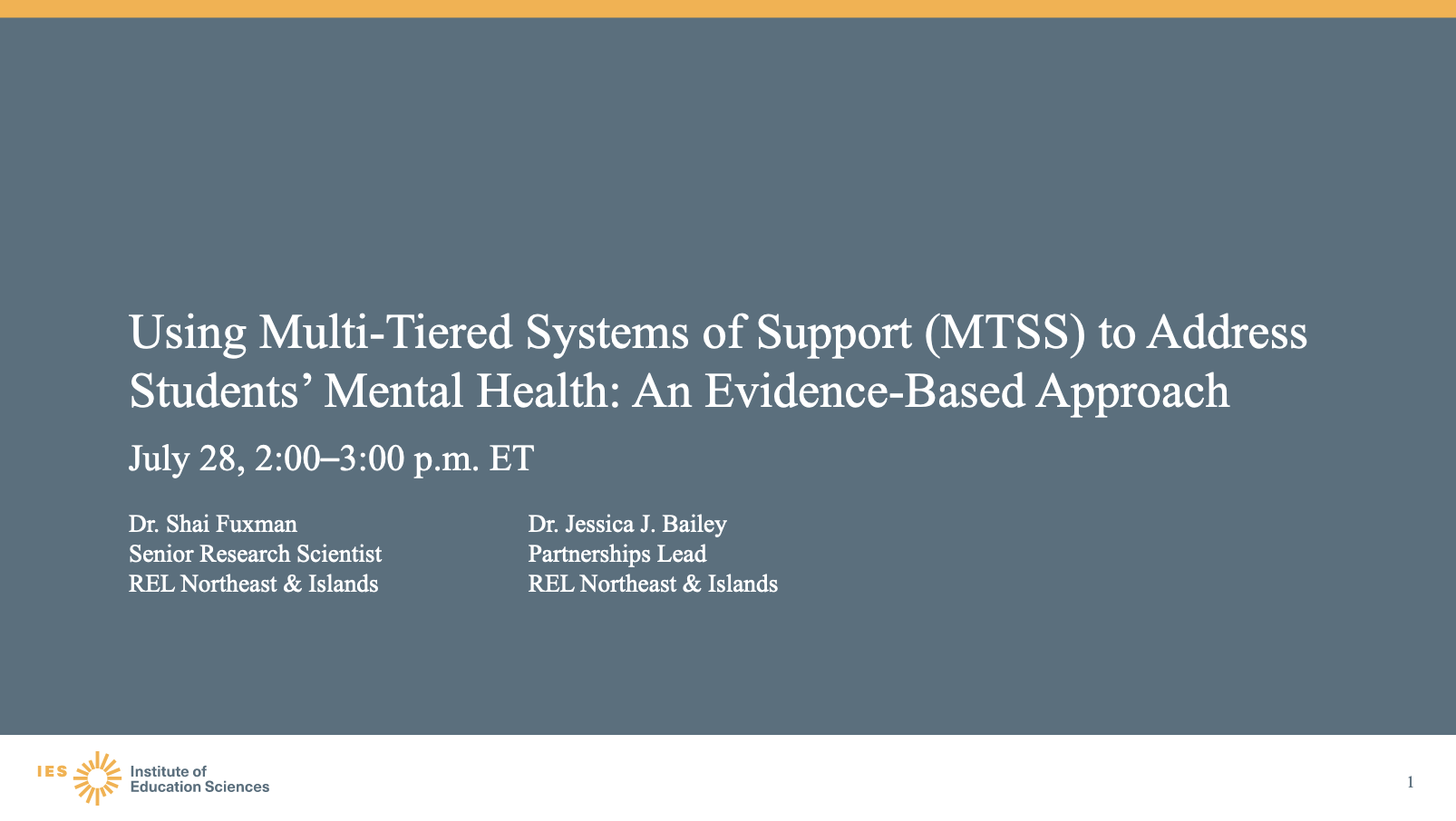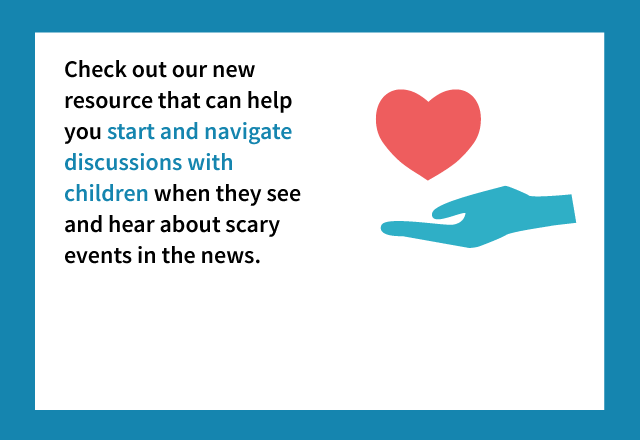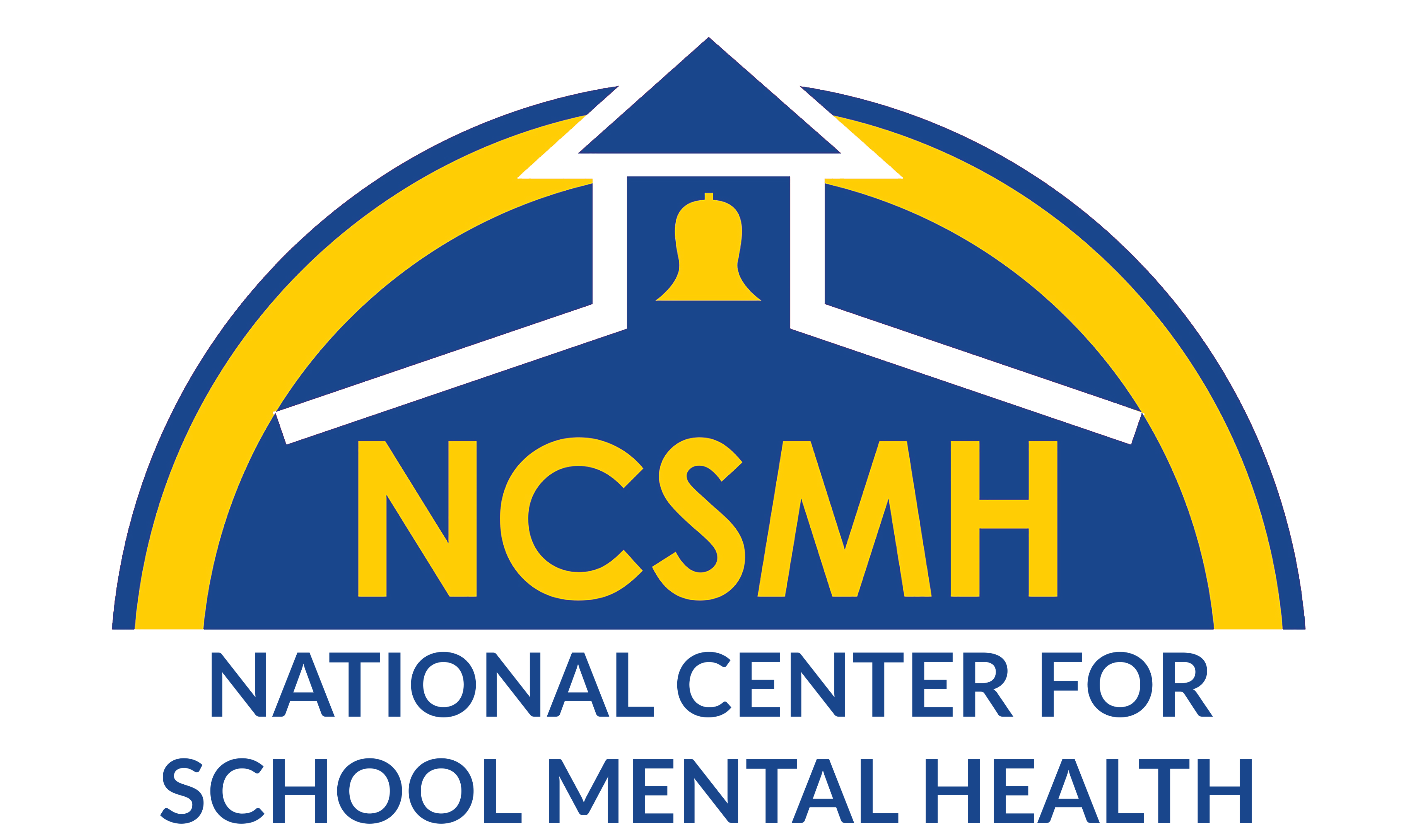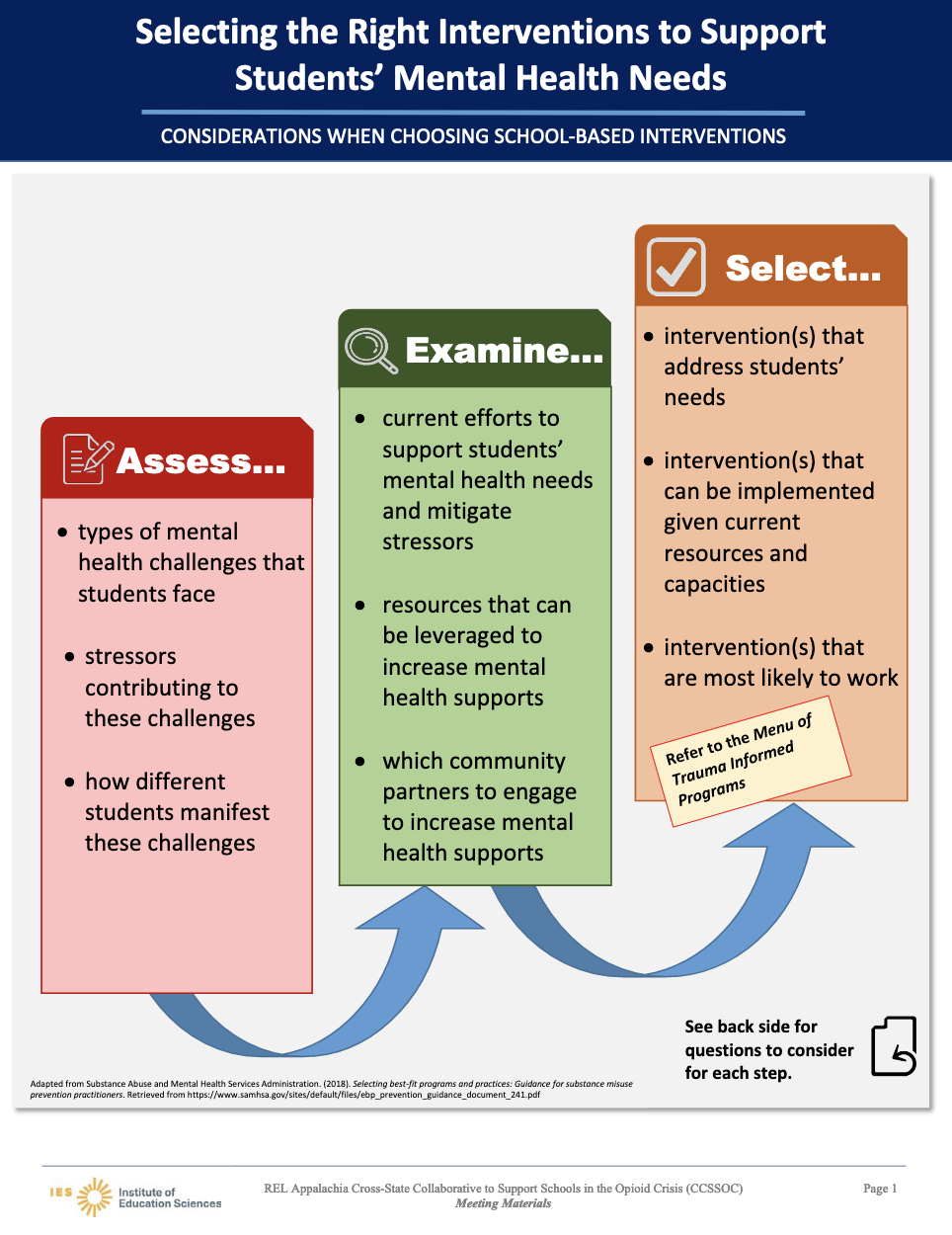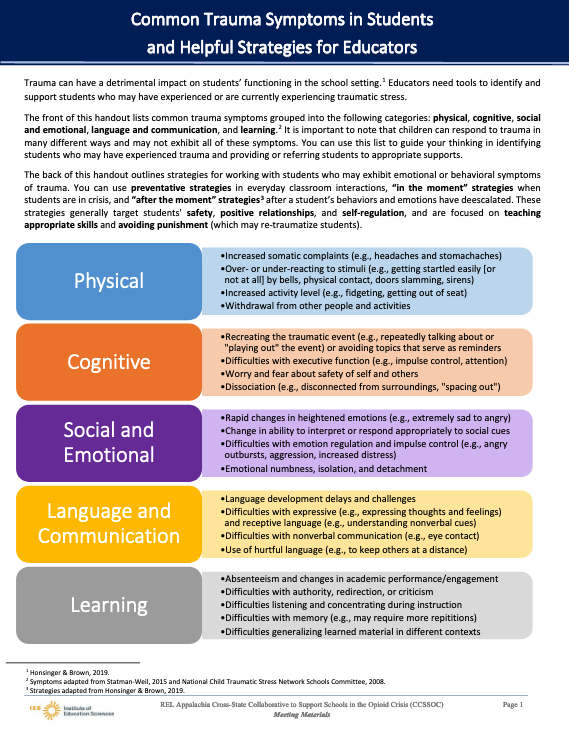The well-established connection between positive school climate and student success means that educators need to know how the climate at their school is faring. This information is particularly important now, after the prolonged disruptions in schooling from the COVID-19 pandemic. Getting and using feedback from students themselves about their school experiences is key to understanding school climate. But how do school and district leaders know which measures to use?
In this Knowledge Alliance (KA) blog post, KA’s summer intern, Julianna Collado, met with Michelle Woodbridge and Nancy Perez from SRI International to discuss their work identifying and implementing better mental health support for educators. Please read the full blog post on the Knowledge Alliance’s site.
(Available in Spanish and English.) Our team at SRI Education is deeply saddened and concerned about the wars, violence, and climate destruction sweeping the world. Adults and children may be grappling with feelings of fear, worry, anxiety, anger, and confusion in response to what they are seeing and hearing in the news and social media about displaced families and loss of life.
This handout covers questions to consider when choosing school-based interventions Assess current needs Examine current efforts and resources Select interventions that fit your needs & context https://ies.ed.gov/ncee/edlabs/regions/appalachia/events/materials/04-8-20-Handout1_selecting-right-interventions-to-support-students-mental-health-needs.pdf
Many educators are seeking guidance to support students who have experienced trauma, particularly related to the opioid crisis. This resource was co-developed by the REL AP team and the Cross-State Collaborative to Support Schools in the Opioid Crisis (CCSSOC) and provides a list of interventions developed to address this specific need.
Trauma can have a detrimental impact on students’ functioning in the school setting.1 Educators need tools to identify and support students who may have experienced or are currently experiencing traumatic stress. The front of this handout lists common trauma symptoms grouped into the following categories: physical, cognitive, social and emotional, language and communication, and learning. … Continue reading Common Trauma Symptoms in Students and Helpful Strategies for Educators

